Is compost enough food?
Joe1980
12 years ago
Related Stories

GARDENING GUIDESGet on a Composting Kick (Hello, Free Fertilizer!)
Quit shelling out for pricey substitutes that aren’t even as good. Here’s how to give your soil the best while lightening your trash load
Full Story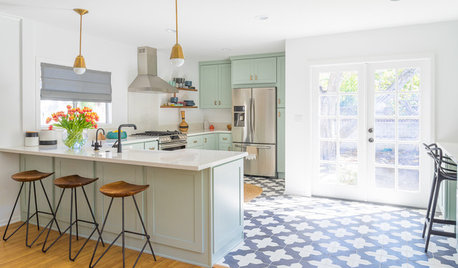
KITCHEN DESIGNTrending Now: 25 Kitchen Photos Houzzers Can’t Get Enough Of
Use the kitchens that have been added to the most ideabooks in the last few months to inspire your dream project
Full Story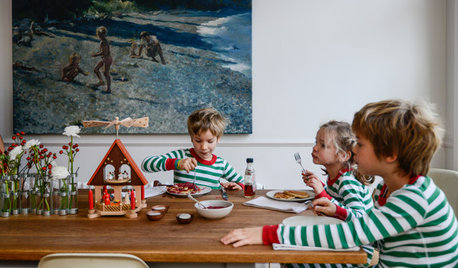
HOLIDAYSHow to Have a Just-Simple-Enough Holiday
Make this the year you say no to holiday stress and yes to joy and meaning
Full Story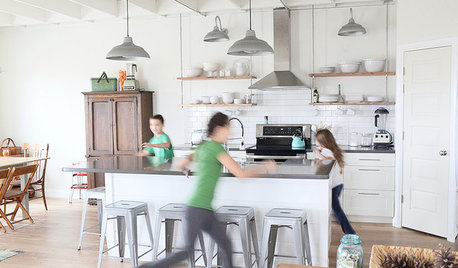
MOST POPULARA Fine Mess: How to Have a Clean-Enough Home Over Summer Break
Don't have an 'I'd rather be cleaning' bumper sticker? To keep your home bearably tidy when the kids are around more, try these strategies
Full Story
REMODELING GUIDESAre You Gutsy Enough to Paint Your Floor White?
Sleek and glossy or softened by wear, white floors charm
Full Story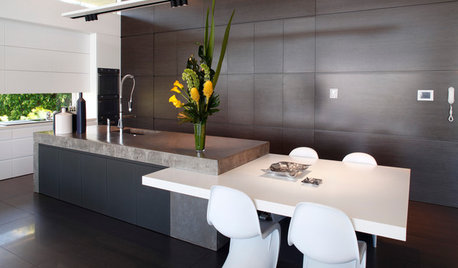
KITCHEN COUNTERTOPSWhen One Countertop Material Isn’t Enough
Combining counter materials in the kitchen can create a dramatic look, improve function and stretch the budget
Full Story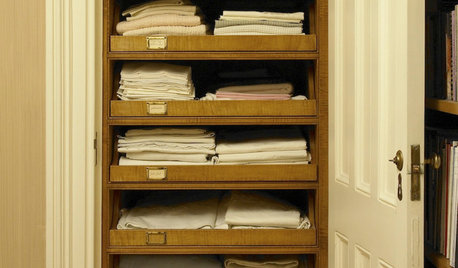
ORGANIZINGHow Much Stuff Is Enough?
Play the numbers game to streamline your belongings, for a neater home and a less-stressed you
Full Story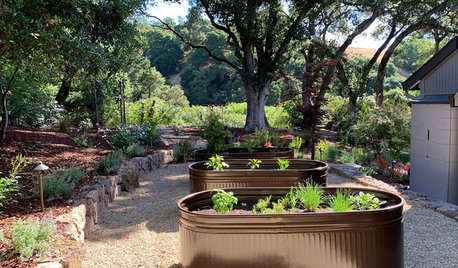
FARM YOUR YARD6 Things to Know Before You Start Growing Your Own Food
It takes time and practice, but growing edibles in the suburbs or city is possible with smart prep and patience
Full Story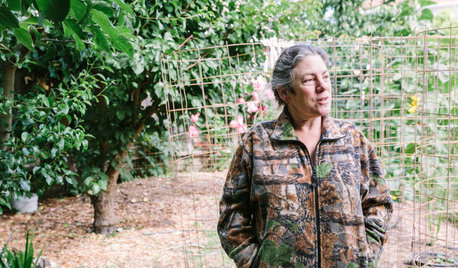
FARM YOUR YARDTo Get the Food They Believe In, These Urbanites Grow Their Own
Home gardeners farming on their city lots find that local, organic food isn’t the only reward
Full Story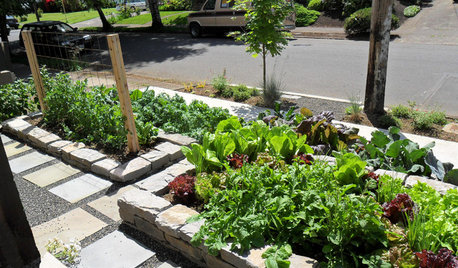
FRONT YARD IDEASWelcome Edibles Into the Front Yard for Fresh Food and More
Give your front yard design a boost and maybe even make new friends by growing fruits and vegetables
Full Story





Dan _Staley (5b Sunset 2B AHS 7)
Shannon
Related Professionals
Allentown Landscape Architects & Landscape Designers · Brentwood Landscape Architects & Landscape Designers · Roosevelt Landscape Architects & Landscape Designers · Lakeland Landscape Contractors · Bergenfield Landscape Contractors · Davidson Landscape Contractors · Dinuba Landscape Contractors · Essex Landscape Contractors · Farmington Landscape Contractors · Fort Worth Landscape Contractors · Framingham Landscape Contractors · Northlake Landscape Contractors · Sun Valley Landscape Contractors · Crowley Driveway Installation & Maintenance · Greensboro Driveway Installation & Maintenanceglib
Donna
oliveoyl3
digdirt2
capoman
Belgianpup
glib
mudman93
Joe1980Original Author
capoman
oliveoyl3
jctsai8b
jctsai8b